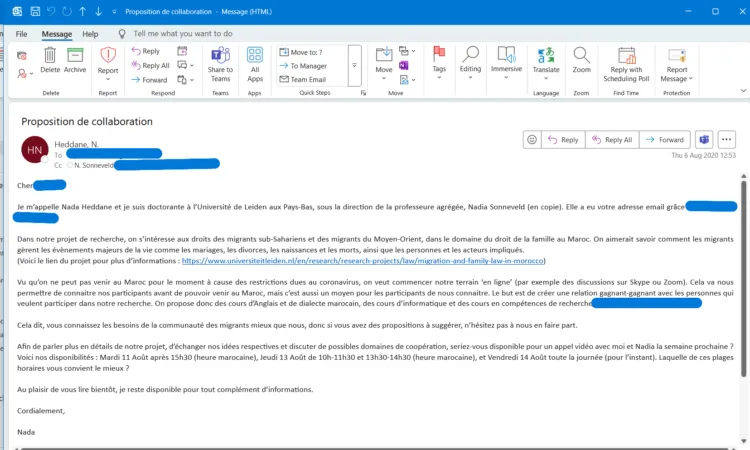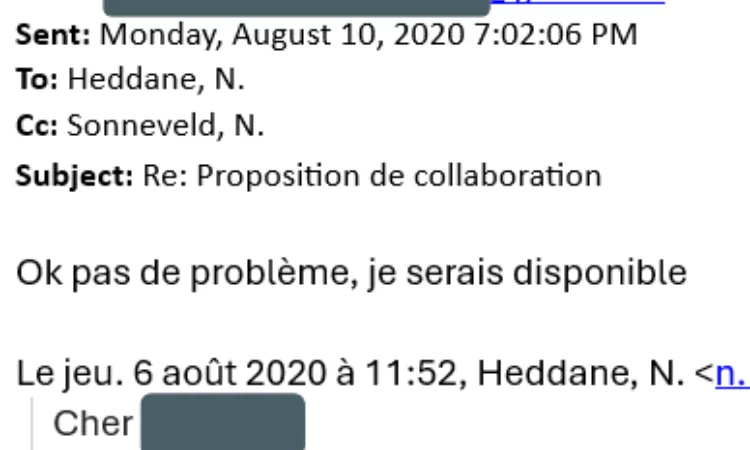Dear..., My name is...
How do you ask for access without overstepping? What do you do when your research depends on people who are hard to reach? That's quite the puzzle.
Drafting that perfect email
When I finally had a lead for my online data collection, I did not want to miss that opportunity. I felt like I had to draft the perfect email that would make my research sound interesting to my potential informant/gatekeeper/respondent without sounding like a burden. I would spend hours drafting a single message, editing the tone, the formality, the length. Each email or DM (yes, I had to slide into a few DMs) was a potential door that might close before it even opened.

Silence as a response
But of course, I also had to keep in mind that many of these emails and messages would lead nowhere. The silence is the hardest part. You wait for replies that will never come, unsure if you should follow up or just move on. You give it a couple more days and decide to send a follow up. This gives the feeling of research being stalled in your inbox. You check your 'Sent' folder again, reread what you wrote, overthink it and then accept that silence is also an answer. Until you receive a favorable response, you go through a cycle of waiting, silence, then acceptance.
The art of following up
I had to learn that sending a follow up text or email wasn't just reminder, it was also an invitation to (re)enter the conversation. This taught me something deeper about research. A lesson that is obvious and we all know it, but tend to forget when we're in it: fieldwork takes weeks, if not months, before it is started. The administration part of it, which includes reaching out to different people and activating that network, requires sheer persistence. And sometimes all it takes for the doors to open is that one sentence: "Okay no problem, I am available"



